I'm on Vista and I'm using Microsoft.Win32.OpenFileDialog class.
When I call ShowDialog() I get the old XP-style dialog:

How do I get the new Vista-style dialog with fallback to the old one on WindowsXP?

A bit of rumble:
I don't really understand why they didn't replace the dialog in vista, but kept both of them. Now legacy apps will never open new dialog, unless updated.